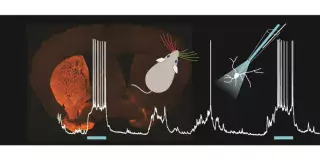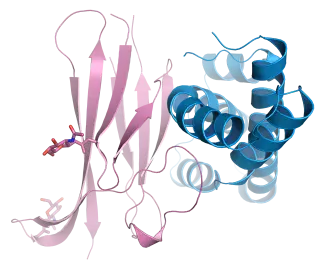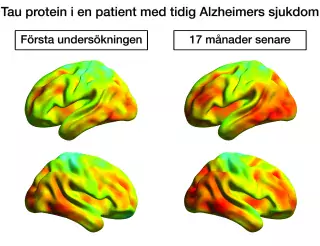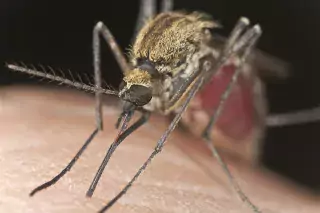News archive
On this page you can search for older news. Choose a topic, type of news or enter your own keyword to filter out news.
View compact

A high percentage of KIF1Bβ means a greater chance of the tumour spontaneously regressing and disappearing. These are the results of a study by Karolinska Institutet (KI) and the Ludwig Institute for Cancer Research Ltd. The study is to be published in the scientific journal Genes and Development.
News
In memory of Professor Lennart Philipson, the board of the Malin and Lennart Philipson Foundation awards a prize and grant for molecular biomedical research with the aim to help young, promising scientists to establish an independent research group after their postdoc training. This year’s awardee is KI researcher Dr Volker M. Lauschke.
News

With Karolinska Institutet’s major investments in infrastructure, especially with the new research buildings, the rents are now rapidly increasing. In addition, the laboratory-intensive activities will be required to pay more than others, from 2018, which has given rise to criticism from the academic researchers and scientists.
News
It has long been assumed that chronic nerve pain is caused by hypersensitivity in the neurons that transmit pain. Researchers at Karolinska Institutet in Sweden now show that another kind of neuron that normally allows us to feel pleasant touch sensation, can switch function and instead signal pain after nerve damage. The results, which are presented in the journal Science, can eventually lead to more effective pain treatments.
News
What happens in the brain when we see other people experiencing a trauma or being subjected to pain? Well, the same regions that are involved when we feel pain ourselves are also activated when we observe other people who appear to be going through some painful experience. This is shown in a study from Karolinska Institutet published in Nature Communications. But we are sensitive to different degrees to learning fear from other people and one explanation would appear to be found in the endogenou
News
As a young researcher, Liv Eidsmo, was at first scared by the critical culture at her new workplace – since then she has learnt to appreciate it.
News
Everyone worries at times, but when thoughts of disaster get the upper hand, it might be a good idea to seek help. Researchers at Karolinska Institutet knows how we all can become a little calmer.
News

The expectations are high. Everyone, externally as well as internally, are asking themselves how Ole Petter Ottersen is going to lead Sweden’s most talked-about university once he takes up office as vice-chancellor of Karolinska Institutet this August.
News
MTC researchers in the Gunilla Karlsson Hedestam Group have published in Immunity this month
News

Although Parkinson’s disease is often associated with motor symptoms such as stiffness, poor balance and trembling, the first symptoms are often sensory and include a reduced sense of touch and smell. In a study on mice, researchers at Karolinska Institutet have now been able to identify neural circuits and mechanisms behind this loss of sensory perception. The study, which is published in the scientific journal Neuron, may open avenues to methods of earlier diagnosis.
News
An international team of researchers, led from Karolinska Institutet, has identified two receptors on the cells in the blood vessels of the brain that can be blocked and thereby prevent pneumococci from entering the brain. The study, which is published in The Journal of Experimental Medicine, shows that the use of antibodies that block the receptors can potentially be used as a new therapeutic strategy for pneumococcal meningitis.
News
Five KI researchers are listed at the 2016 list of "Highly Cited Researchers". In total 3,000 scientists worldwide are listed as the most cited, and in that aspect also the most influential, within 21 subject areas.
News
















